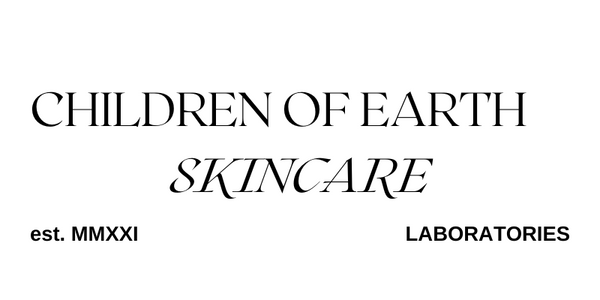
New series: Skin Health Q&A with Doctor Claudia Aguirre : Cellular Senescence vs longevity - What can we do about it?
Welcome to a new series: Skin health Q&A with neuroscientist @doctorclaudia: cellular senescence 101.
Q (Bella von Nesselrode):What is cellular senescence and how is it different to ageing?
A (Claudia Aguirre, PhD) :In essence, you can think of senescence as the opposite of longevity. Longevity is a concept that is different from aging, as it touches all generations, not just the aged ones. It has more to do with the quality of the healthspan and not the linear lifespan of aging. And in the same vein, cellular senescence is a primary aging process at the cell level, where the cell loses ability to replicate, and it begins to slow down and possibly malfunction. As we age, most if not all of our organs accumulate these senescent cells not only in sun-exposed areas, but in all areas, meaning it's part of our intrinsic and extrinsic aging.
Q: Can we do anything about cellular senescence?
A: Fortunately, yes. A newer therapeutic approach uses small molecules called Senolytics to clear away senescent cells, which do not die on their own and contribute to diseases. For those who just want to extend their longevity, looking at repair molecules can also help out. NAD+ is a key coenzyme that is needed for energy production and boosting DNA repair, and can counteract both intrinsic and extrinsic for total skin longevity. As a result, we can see a reduction in fine lines, wrinkles and dark spots.
Q: So, we can stop or delay senescence. What about polyphenols?
A: Natural polyphenols are plentiful in nature, and abundant in our diet. From teas, tropical fruits, cocoa, nuts and olives, we can nourish our body and skin from the inside out. On the surface, various polyphenols can improve skin at the cellular level. These ingredients, combined with longevity-enhancing molecules, can dramatically extend the healthspan of our largest organ.
Watch this space to learn more!
Curious about a new frontier in addressing cellular senescence? Sign up for our waitlist: opusmanus.org
*As confirmed by a recent study by Bin et al. - Recent anti-senescent mechanisms of natural polyphenols carried out on keratinocytes, melanocytes and fibroblasts."
Ref : https://www.ncbi.nlm.nih.gov/pmc/articles/PMC8657738/
